The 18-year-old heroine of Karin Albou’s film, “La Petite Jérusalem,” spurns love and sex.
“Passion is an illusion, entailing a loss of autonomy and freedom,” she tells a hapless suitor. “I don’t want to be a slave to my senses.”
Albou, 38, admits this theory is “nonsense.” At least that’s what she says today, but there’s a resonance between the younger Albou and the fictional Laura (Fanny Valette), who is struggling to find her own voice within her North African Orthodox family. Although they live in close quarters in a Paris ghetto apartment, Laura refuses their strict religious observance and her grandmother’s wish that she find a husband; marriage doesn’t look so good given her brother-in-law’s infidelities and her sister’s sexual hang-ups.
Laura protects herself from heartbreak by adopting the emotion-stifling philosophy of Emmanuel Kant. But even Kant can’t stop her from succumbing to desire and entering a star-crossed romance with a Muslim co-worker.
Albou says the character’s emotional journey parallels her own. Although the filmmaker was raised in a secular North African family, Albou’s Jewish grandmother relentlessly tried to set her up with potential husbands in her late teens. Like the fictional Laura, Karin heard the click of the telephone as grandma anxiously listened in on her dispassionate conversations with men.
Albou had her own reasons to be wary of romance. She was well aware of the consequences that had ensued after her Algerian-born father fell for her then 15-year-old, secular Catholic mother. When the girl soon became pregnant with Albou, his Jewish family pressured him to take responsibility and marry her. Young Karin grew up in their impoverished household until her parents divorced when she was 7. When her mother remarried and had another child, she slept on the couch in mom’s chaotic, two-room flat.
At 17, she finally fled the noise and the claustrophobia by moving in with her grandmother. Socially, she fell in with a clique of similarly bookish, celibate teens. They fervently discussed philosophy in cafes: “We knew nothing of life and love, but we thought we knew everything,” Albou recalls, with a laugh.
“I personally was very vulnerable, and I used my words and thoughts as a defensive shield because I was afraid to love and to be hurt,” she adds. “Boys liked me a lot, but I was very discouraging to them. When a man tried to love me, I’d tell him that passion was unhealthy.”
Her outlook began changing when Cupid finally smote her during film school in her early 20s. It was during this romance that she formally converted to Judaism; she was drawn, in part, to the religion’s healthy sexual attitudes and caveats about emotional and physical slavery.
“But I always remained cautious with men,” she says of subsequent lovers. “I never slept with anyone immediately.” Even her Israeli husband-to-be, Ilan, had to become her friend first. (They married in 2002 and now live in Paris and Tel Aviv).
Yet even as the budding filmmaker settled down with her future hubby, she created characters who fear that love will entrap them. Albou’s 2001 feature, “Aid el-Kebir,” set in her ancestral homeland of Algeria, spotlights a modern Muslim tormented by her father’s dying wish that she seek a matchmaker and marry.
“La Petite Jérusalem” began around the time Albou turned 30 and “looked back with tenderness and amusement at all my adolescent theories,” she says from her Tel Aviv home. “I started writing about two sisters who each develop a different alibi in relation to desire, one turning to philosophy, the other to religion.”
The central character, Laura, constantly dresses and undresses, a metaphor for how her theories cloak and protect her naked psyche. To help emphasize her vulnerability, Albou set the story in 2002, when repercussions from the second intifada targeted French Jews. She also placed the character in a decrepit, Jewish neighborhood nicknamed “La Petite Jérusalem” — the first of the so-called French banlieue (crummy suburb) films to profile poor Jews, she says.
The movie earned good reviews and box-office success in France.
Actress Fanny Valette, who is not Jewish, believes the story is universal: “I worked more on the inner aspect of my character and Laura’s determination rather than on the Jewish perspective,” she told CineEuropa.
Albou agrees: “It’s crucial for every human being to feel free in body and spirit. And not to unduly protect oneself from love.”
And that is a decidedly different place from where both she and her protagonist started.
The film, in French with English subtitles, opens Friday in Los Angeles.







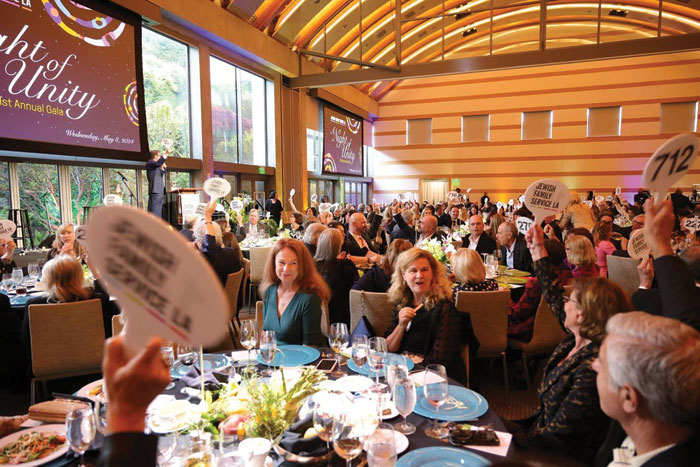

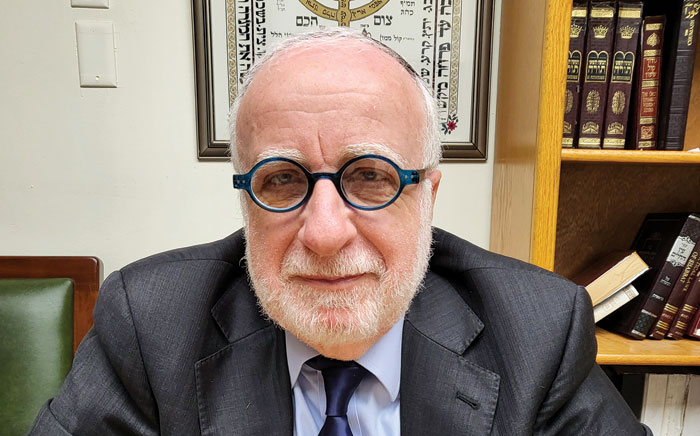

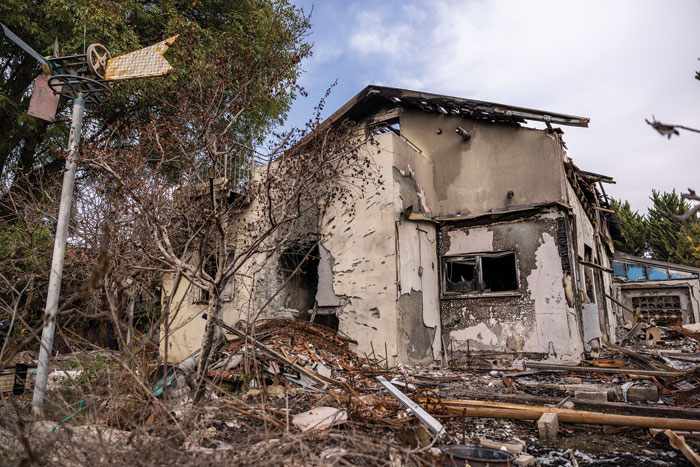

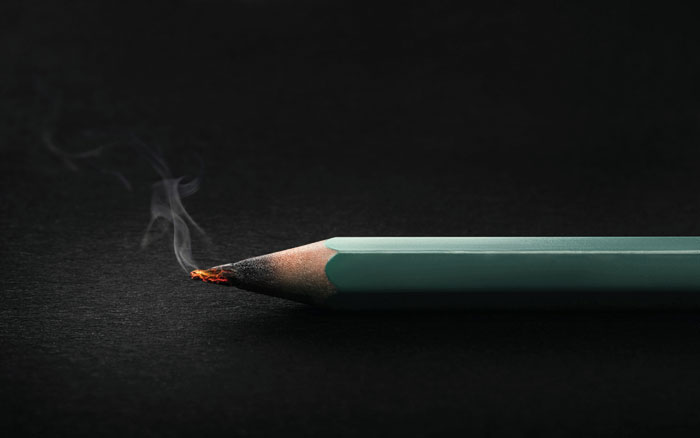
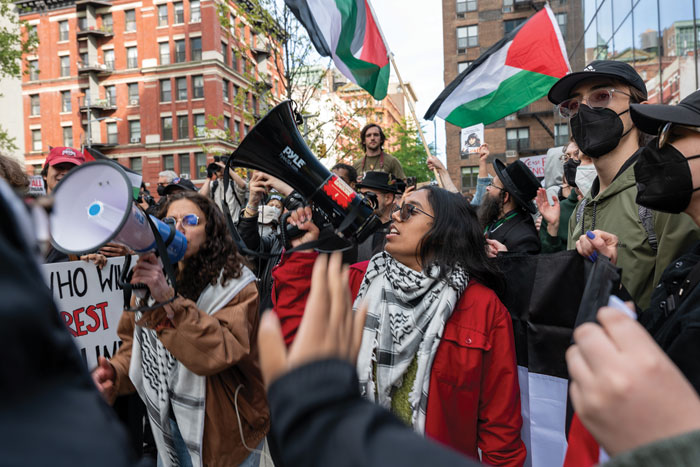





 More news and opinions than at a Shabbat dinner, right in your inbox.
More news and opinions than at a Shabbat dinner, right in your inbox.